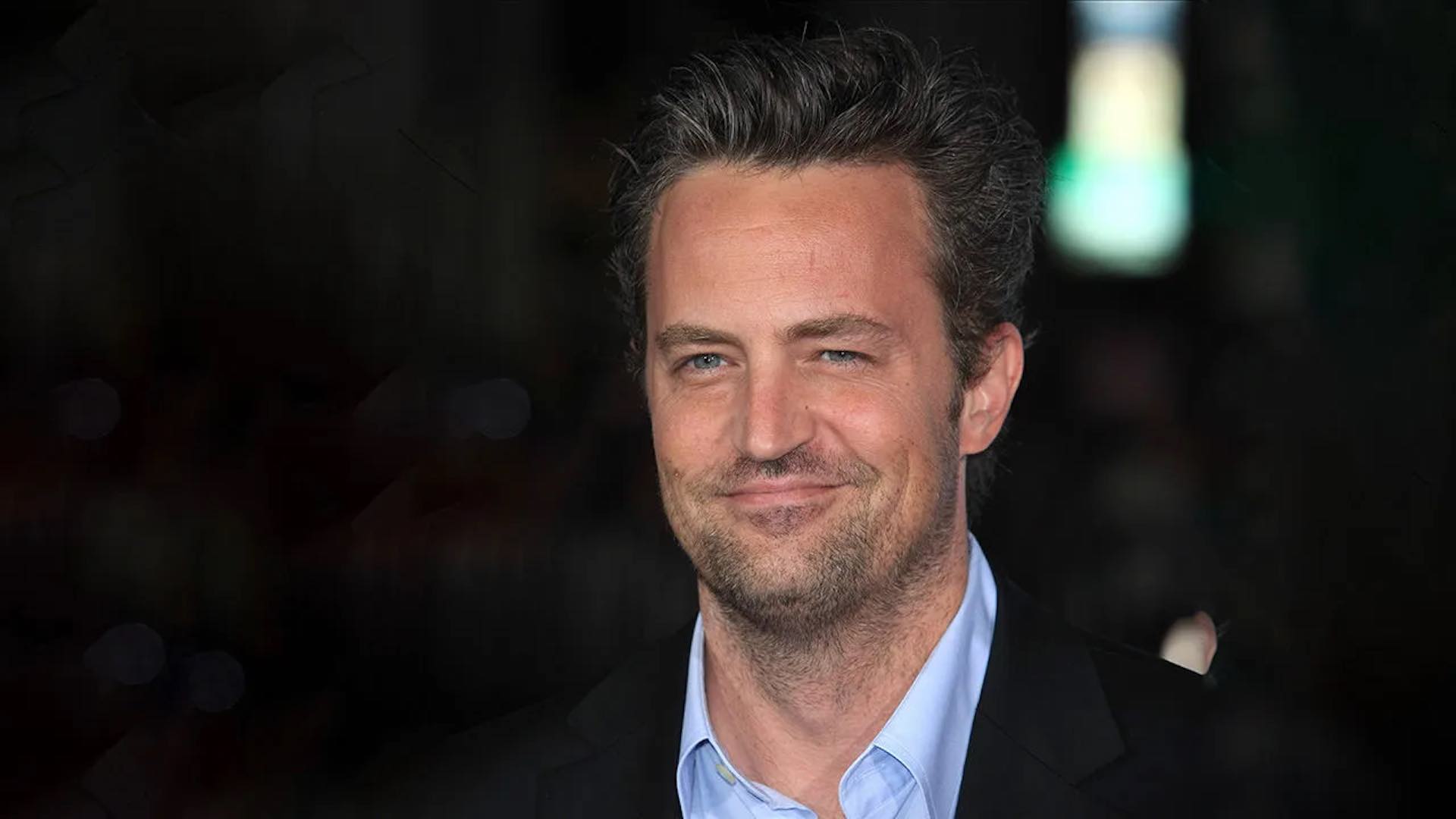The investigation into Matthew Perry’s tragic overdose has resulted in charges against five individuals, including three medical professionals and one assistant, linked to the actor’s untimely death. The group of accused also encompasses Jasveen Sangha, known colloquially in the industry as the “Ketamine Queen,” for her alleged involvement in the drug supply chain.

Dr. Salvador Plasencia, Dr. Mark Chavez, and Dr. Laura Anderson are facing serious allegations of providing Perry with high doses of ketamine despite his public struggles with addiction. The legal action underscores the breach of trust and ethical standards expected of healthcare providers. Kenneth Iwamasa, Perry’s assistant, has admitted to his role in procuring and delivering the substances that led to Perry’s overdose.
This case has ignited a broader discussion on prescription drug abuse within celebrity circles, highlighting the ease with which individuals can manipulate the system for access to controlled substances. The involvement of a known figure like Sangha as the “Ketamine Queen” points to a more extensive network of illicit drug distribution that even spans into the realms of legitimate medical practice.
The implications for those involved are significant, with potential prison time and substantial fines on the table. More broadly, the case may influence future regulatory and ethical standards in the medical field, particularly regarding the responsibility of medical professionals to prevent prescription drug abuse.
As the legal process unfolds, it serves as a critical litmus test for how the healthcare system addresses ethical violations and manages the prescription of potentially dangerous medications. The spotlight on this case could lead to stricter controls and oversight, preventing similar tragedies in the future.
Matthew Perry’s death has catalyzed a vital conversation about medical ethics and the need for stringent controls in the prescription and distribution of controlled substances. As the judicial proceedings progress, many are watching closely, hoping for outcomes that will ensure greater accountability and reform in healthcare practices.
